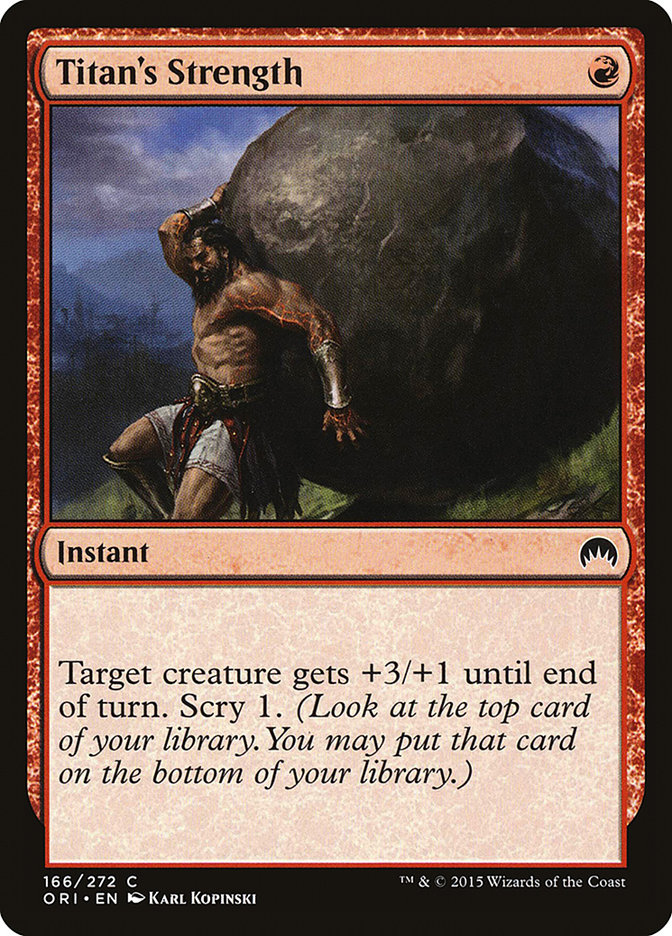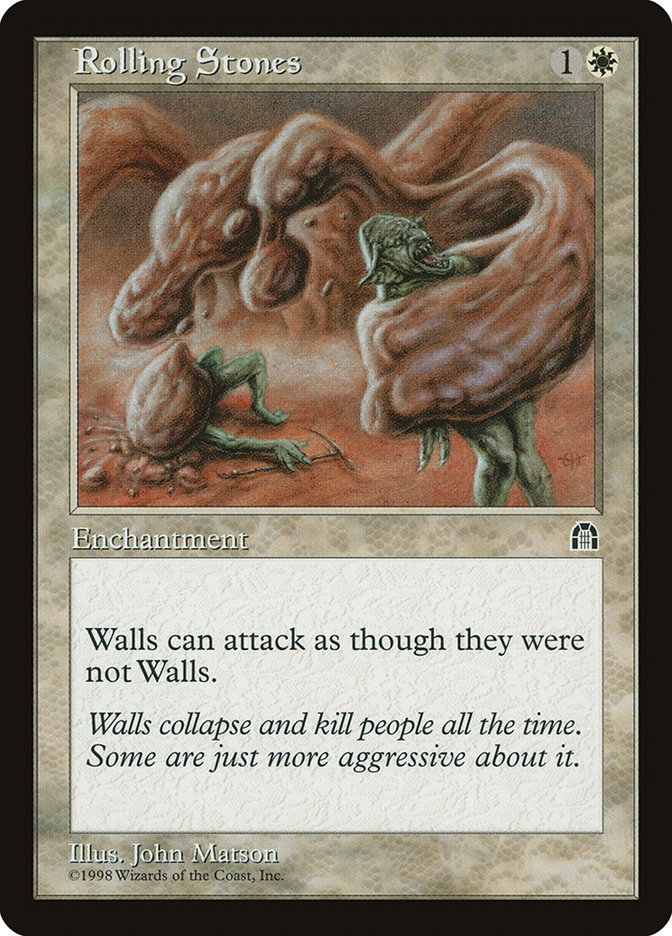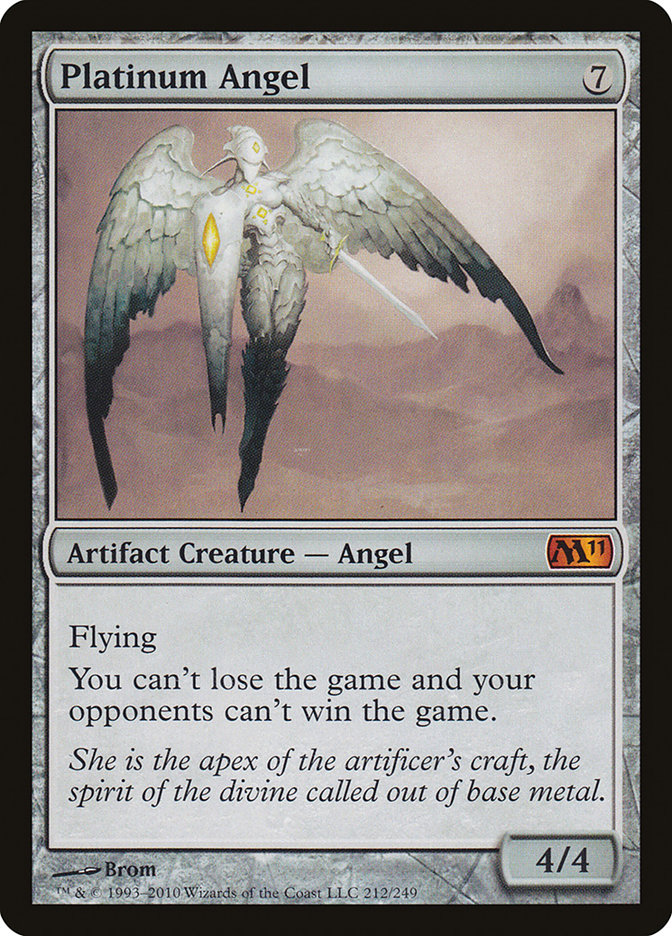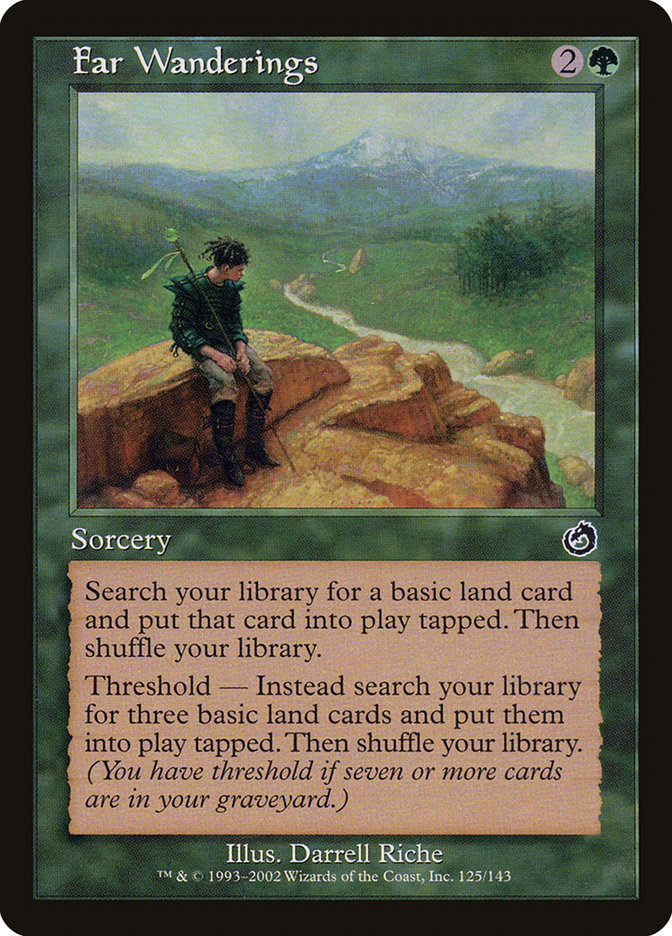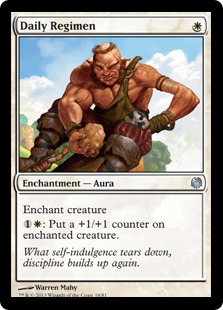Let’s get the obvious out of the way: my Pro Tour did not go well. I played a similar Zoolist to Michael Majors, and while I think the deck was fine for the tournament, this was not a Pro Tour where you could get away with fine. Combined with a Draft deck that I and everyone I showed to thought was good that was simply outmatched by the other decks at my table, and I found myself missing the second day of a Pro Tour for the first time since 2011.
There are plenty of things I could have done or done better to improve my chances in the tournament. There always are and they are easy to spot in the clarity of hindsight. Our team was disorganized and did not have enough time to find the great Eldrazi lists that dominated the event. I could speculate that we would have found it had we tested for a full two weeks, but ultimately that is just wishful thinking, even if I hold the belief sincerely.
Given our disorganization, I could have prepared myself better to work alone, but having a team around you on whom to pass blame, however undeservedly, is rather convenient. All of these reflections come down to me always being able to work harder, work smarter, or both. I failed to do these things and my expected result suffered.
But unlike after most failed tournaments, I did not spend much time stewing over what might have been had I been better prepared or made a different judgment call on a key turn. It all felt so familiar that the details seemed unimportant. I had seen or thought of it all before and simply failed to internalize those previous lessons in order to execute better in the future.
Such a failure could not have happened at a worse time. Having used my Silver invite for Pro Tour Oath of the Gatewatch, I now find myself unqualified for Pro Tour Shadows Over Innistrad and with a scant ten pro points for the current season. A string of bad finishes has also left me without any byes for The SCG Tour® in the foreseeable future. Six months ago I felt as though I was on the threshold of entering the next stratum of competitive Magic and now it seems as though I am in the same place I was three years ago.
That is not to say I am resigned to my current position. A single Grand Prix Top 8 will qualify me for the next three Pro Tours and I fully expect to earn a spot in the #SCGPC for a third consecutive year. But as I left Atlanta, my thoughts were unduly focused on the short term and how I felt like I was now embarking on something I had already accomplished.
Upon returning home, I found myself searching Wikipedia for Sisyphus.
For those who lack the compulsion to read strange Wikipedia articles in your spare time, here is a brief summary.
Sisyphus is a figure of Greek myth, a king whose cruelty and hubris ultimately led to a unique punishment by the Gods in which he would be tasked with pushing a boulder up a hill, only to watch the boulder roll back down to the bottom just as he was nearing the top.
Obviously, such a task was maddeningly frustrating, and over the last few thousand years there have been many interpretations of the story of Sisyphus as it applies to sections of the human experience.
After thinking about it, I see many Sisyphean elements in how competitive Magic is structured. Whether these are unique to Magic relative to other competitive endeavors I do not know, but it is clear to me that, for better and for worse, Magic players are willing to subject themselves to the same frustrations as the mythical king.
We are all aware how difficult it is to even qualify for a Pro Tour. Winning a PPTQ and following it up with a strong finish at a RPTQ or winning thirteen rounds at a GP is hard, and most players never cross that first hurdle. But even once you break through, there is no security. You are immediately forced to come up with another strong finish to requalify so you can accumulate a relevant number of Pro Points. All your hard work preparing for a Grand Prix is for naught if the Pro Tour does not break your way. The boulder rolls back down the hill.
Even if you string together several good finishes and achieve Gold Level, you are forced to re-prove your merit the next year. There are some safety nets for the very top echelon, namely the Pro Points that competing in Worlds awards, a bonus for a superlative season. Still, the benchmark is placed each year and there is no leniency for those who fall short of it. One bad year and it is back to the beginning.
The SCG Tour® offers a bit more stability, but ultimately, when the Players’ Championship is over, all but one person is left at the bottom of the hill to push the boulder up once more.
These are the realities of competitive Magic. One must continuously prove oneself, week to week and year to year. One bad stretch is often enough to undo years of hard work. We all understand that the swings of variance inherent in the game, while necessary to maintain its popularity, are enough to undermine the results of even the most competitive of tournaments.
Take my new partner, Michael Majors, for example. He broke out with an excellent season on the Pro Tour in 2013-14, making the Top 16 twice and finishing just shy of Platinum. Then a nightmarish season followed in which he was unable to hit Silver, and just as quickly as he rose, he saw himself fall off the tour. A miraculous run with what is among the worst Grand Prix-winning decks in Magic‘s history saw him hop right back on. Now he is locked for Gold and on his way toward Platinum.
Did he suddenly become a bad player in that middle year? No. But without some good fortune in San Diego, he may have been forced to make a very difficult decision about whether he wanted to start pushing that boulder again or move on to something else. Such is the Sisyphean reality of the pro Magic player, a reality that has crushed the spirit of many strong competitors.
My purpose is not to whine about this reality or suggest that we should rise up and change it, but to share the lessons I have learned in the last week in grappling with this issue and how best to cope with it.
After all, Magic is hard. We all know that. It’s supposed to be hard, because if it weren’t, then the top players would not devote so much time to it and what accomplishments we do achieve would not feel as important. So we should just accept that and move on, right?
Do you see how that line of reasoning sidesteps the point?
To see how, I looked back. In the beginning of January, I attended the first SCG Tour® stop of 2016 in Cincinnati. Everyone was surprised by the incredibly high turnout for the event, but beyond that I was blown away by the level of attendance from the regulars on last year’s SCG Tour®.
It wasn’t that I thought the changes made when it was rebranded to the SCG Tour® were negative; quite the opposite. But, having always lived in areas where traveling to these events was fairly easy, I was surprised at the distances others were willing to travel for them, even if they had done so for the previous year without having much to show for their efforts.
I had assumed that the lack of payoff would mean most of them would play more sparingly this year and a new group of grinders would emerge to take their place, especially those who perform well in the early months and thus have the image of a Players’ Championship berth fresh in their mind.
Instead, everyone from last year came back renewed for another run and Chris Andersen organized a team dedicated to the SCG Tour®! As a longtime supporter of StarCityGames.com this was exciting to me, but still puzzling. What would compel them to keep rolling the boulder up the hill?
In the wake of my Pro Tour finish, it’s all so obvious and I feel somewhat foolish for losing my perspective.
They just wanted to play tournament Magic! Even coming tantalizingly close to the top of the hill last year was not enough to deter them from starting over at the bottom because the process was rewarding enough to make the effort worthwhile.
With my strong showing in 2015 and the move to Roanoke, I let the weight and pressure of expectation consume me. I became too focused on results and rewards and not enough focused on simply playing and improving my game.
It is often said that the key problems arise once Magic feels less like a game and more like a job, but I find such advice naive. Magic is a job for me, but that doesn’t mean I can’t enjoy it. It is certainly different from when I was playing on cafeteria tables, but in many ways it is better. I have a community of close friends, a life filled with traveling, and a forum in which to express my thoughts and opinions.
Instead I submit that these problems arise from a more subtle and nefarious enemy, which is losing sight of the process. This is not exactly the same as entitlement, although they are related. Entitlement leads one to discard the process as unnecessary, believing one can succeed on talent alone. But one can become overly focused on results without feeling entitled to them.
Losing sight of the process can also arise from waning interest in the drudgery or disillusionment after seeing the boulder roll down the hill too many times. One cannot will the boulder up the hill; one has to want to push it up there and want to see it atop the hill once finished. One has to enjoy pushing it up the hill and not only accept but relish the absurdity of it all.
“The struggle itself toward the heights is enough to fill a man’s heart. One must imagine Sisyphus happy.”
– Albert Camus, The Myth of Sisyphus


